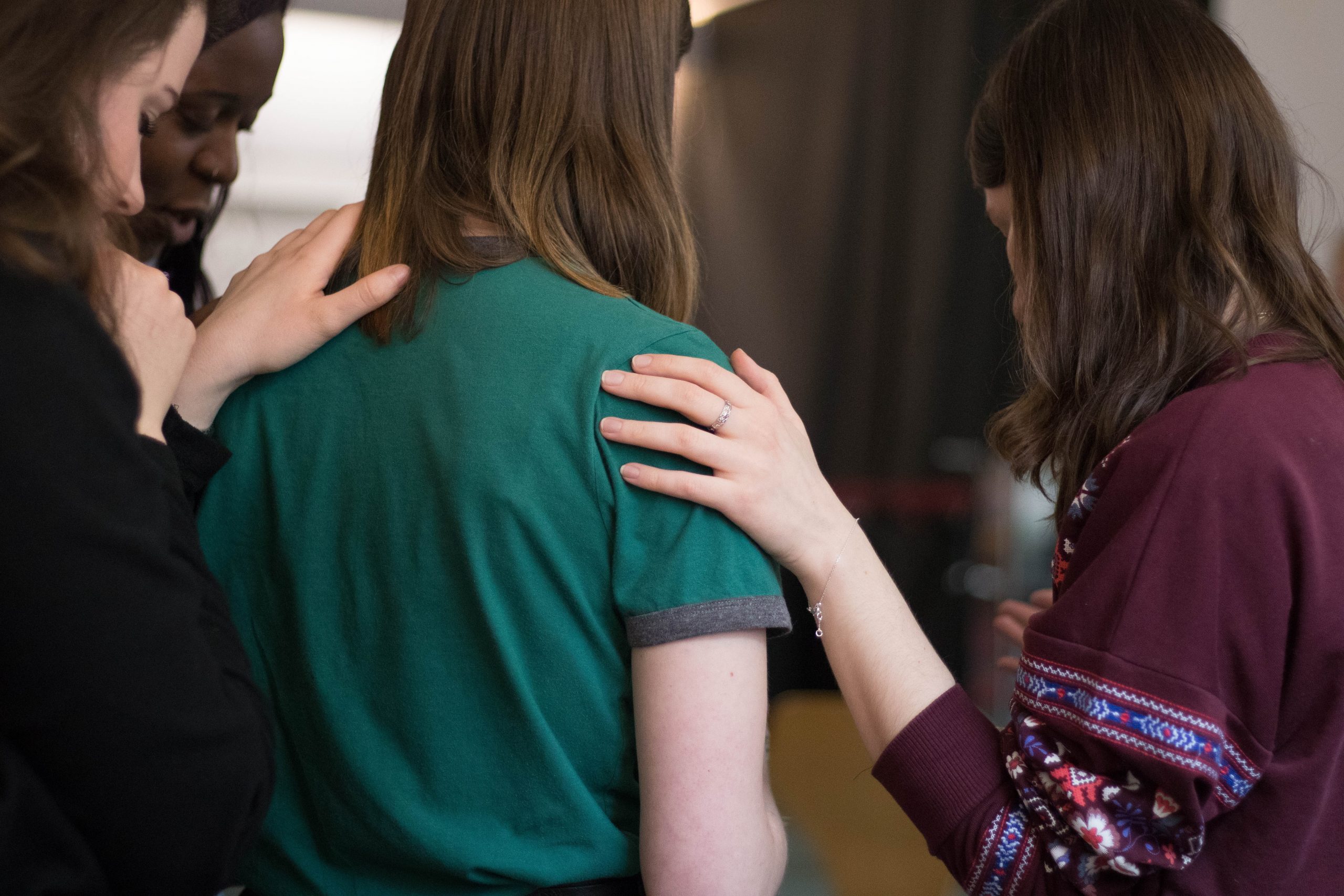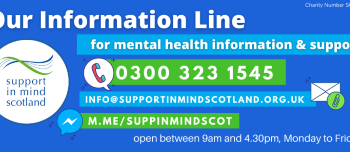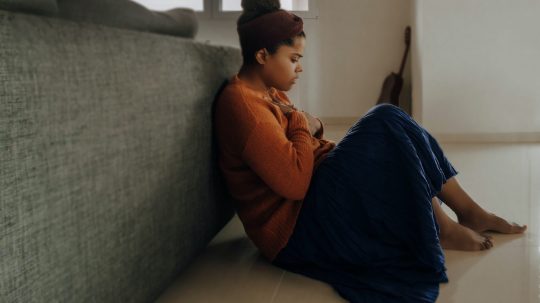Volunteering is a major part of what we do at the mental health charity Support in Mind Scotland (SiMS). Every Tuesday morning, our volunteer manager sends out an email to our SiMS for Students volunteers, encouraging them to tackle mental health and wellbeing in their universities.
The volunteers’ passion for student mental health is remarkable and something for which, as an organisation, we are hugely grateful. At SiMS we are aware of students’ looming deadlines yet amazed at their motivation to help. We also know that there are personal reasons why these students want and need change. The coronavirus pandemic has hit young people’s mental health: boredom, isolation, uncertainty and lack of control continue to be factors for many young people.
With fewer than one in three young people with a diagnosable mental health condition getting access to NHS treatment, young people’s right to health is at risk. The UN Factsheet on the Right to Health sets out what it entails, including entitlement to a system of health protection, prevention and treatment, and control of health conditions. Sadly, some educational institutions are missing the mark in terms of their provision.

Credit: Nubelson Fernandes / Unsplash
SiMS is a national mental health charity offering services and support to people affected by mental illness, including carers, friends and families. The idea behind SiMS for Students first began late in 2020 following conversations with a new volunteer, Georgia Longmoor. She struggled to get support for her own mental health while at university and was determined that others should not fall through the same cracks.
Longmoor’s experience included a lack of understanding from her supervisor about her mental health challenges, plus impossibly long waiting lists for university counselling services. In 2019, some students were waiting up to three months for access to treatment and Covid-19 has likely led to access worsening. Whilst researching one evening, she was shocked to notice that the university Nightline service (a student listening service) was unavailable due to the volume of students trying to access its website.
Pressures on the capacity of university counselling services and pot-luck reliance on the mental health awareness of staff existed prior to the coronavirus pandemic. Now, these challenges have been exacerbated. A December 2020 survey by the National Union of Students found that more than 50% of students said their mental health had declined since the coronavirus pandemic began.
SiMS offers a National Information Service, which can sign-post enquirers to the local support that will best fit their needs. In recognition of the number of students in need of mental health support, a volunteer project was created to help SiMS reach more students. Past and present student volunteers are involved from across Edinburgh, Glasgow, Fife and Dumfries, bringing their own lived experience and that of supporting their peers.

Credit: Priscilla Du Preez / Unsplash
Anecdotally, access to mental health support and levels of understanding varies greatly between different institutions, departments and staff. Discussions with students have highlighted the many challenges they face, including exam pressures, financial worries, a lack of student housing and increased isolation due to Covid-19 restrictions. Young people are regularly told that their student days should be the best time of their lives – a burden exacerbated by the need to live up to this stereotype on social media.
For many young people, the challenges of university and college coincide with leaving home for the first time, or in the case of international students, being thousands of miles away from their support network. It is no wonder that, for students affected by mental illness, these issues may have even more impact. Our volunteers believe that, given the current circumstances, many more students are at risk of developing mental health issues. Generation Scotland’s research on the impact of Covid discovered that 9% of teenagers recalled feeling lonely ‘most of the time’ or ‘all of the time’ before lockdown. During lockdown, this increased, with 22% feeling lonely ‘most of the time’ or ‘all of the time’.
It is important that students are aware of the support available to them and how to access it, so they can protect their health and their rights. SiMS for Students volunteers are working hard to raise awareness of the SiMS’ Information Service by putting up posters and sharing contact information online across academic departments, halls, unions and societies. In creating blogs and podcasts with practical tips and personal experiences, they hope to reach other students, open up more conversations and show that anyone struggling with their mental health is not alone.
The views expressed in this article are those of the author and do not necessarily reflect the views of EachOther.







